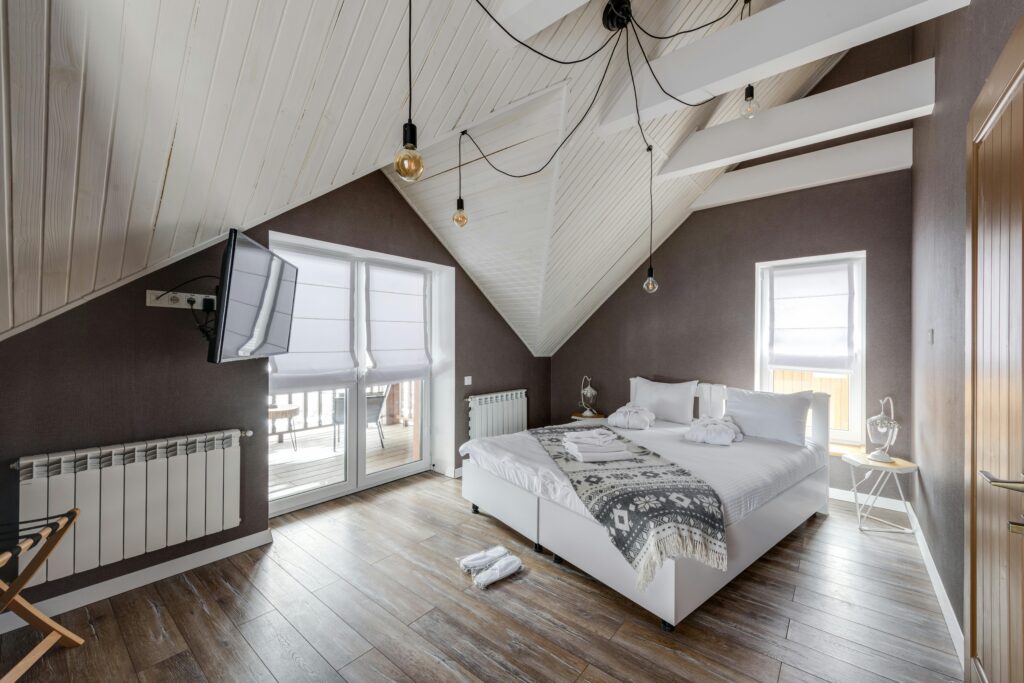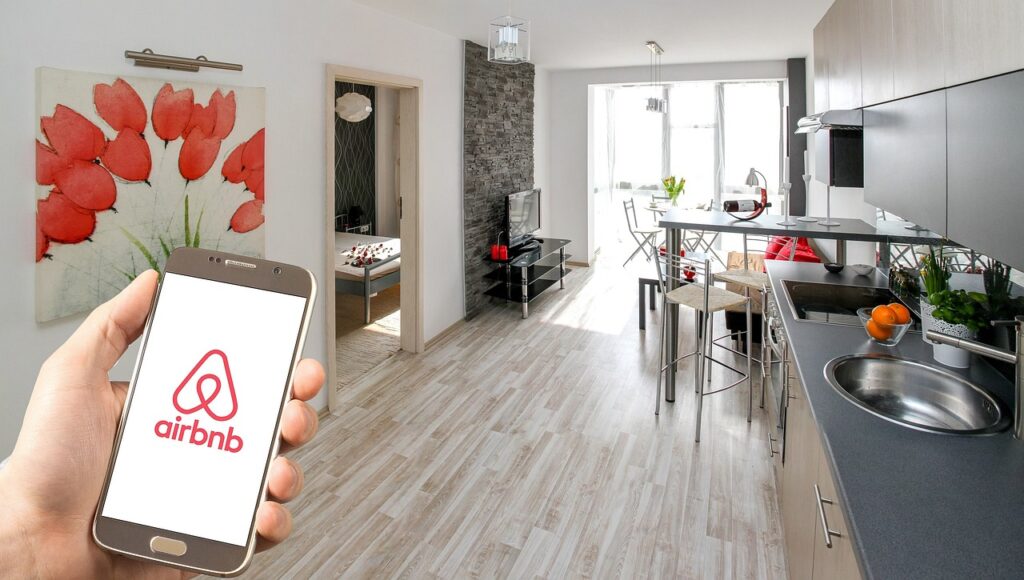In a bold move blending ancient history with modern tourism, Airbnb has announced a one-of-a-kind event: mock gladiator battles in Rome’s iconic Colosseum. Set for May 2025, this initiative has stirred both excitement and controversy, pitting cultural preservationists against proponents of innovative tourism. Here’s a closer look at what’s unfolding in the Eternal City.

A Step Back in Time: Gladiators Return to the Colosseum
For the first time in nearly 2,000 years, the Colosseum’s arena will echo with the clash of “gladiators.” Airbnb, in partnership with the Colosseum Archaeological Park, is organizing an immersive experience featuring 16 participants who will don Roman-era costumes and engage in staged battles under candlelight.
This $1.5 million initiative ties in with the release of Gladiator II, the highly anticipated sequel to the 2000 blockbuster. Featuring stars like Paul Mescal, Pedro Pascal, and Denzel Washington, the film’s promotion aligns with Airbnb’s efforts to revive the historic spirit of the Colosseum for a modern audience.
Cultural Heritage vs. Tourism Innovation
While Airbnb describes the event as a way to “enhance the historical and cultural heritage” of the Colosseum, the announcement has not been universally celebrated. Several local officials and cultural advocates have voiced their concerns:
- Massimiliano Smeriglio, Rome’s Councillor for Culture, criticized the event as emblematic of “hyper tourism” that risks turning the city into a “Disneyland for the rich.”
- Enzo Foschi, a city councillor, slammed the initiative as a “publicity stunt,” reminding critics that “We are not in Disneyland; we are in Rome.”
Critics argue that transforming the Colosseum—a UNESCO World Heritage site—into an entertainment venue trivializes its historical significance. Built in 80 AD, the Colosseum is a marvel of Roman engineering and a symbol of human history, hosting ancient spectacles ranging from gladiatorial combat to public executions.
Economic Potential and Broader Implications
Proponents of the event highlight its potential to boost tourism and generate funds for preservation. The Colosseum, already a global attraction with over six million annual visitors, could see increased visibility and revenue through such unique experiences.
However, opponents caution against prioritizing profit over heritage, fearing this sets a dangerous precedent for other historical landmarks worldwide.

Airbnb’s Response: Balancing Modernity and Respect
Airbnb defends its collaboration with the Colosseum Archaeological Park, emphasizing that the event will adhere to strict guidelines to ensure respect for the site. Alfonsina Russo, the park’s director, supports the partnership, stating that it will be managed to “fully respect the monument.”
The reenactments are designed in collaboration with professional historians and reenactment experts, aiming to maintain historical accuracy while delivering a safe, engaging experience.
The Broader European Context: Tourism Under Scrutiny
This controversy is not unique to Rome. Across Europe, cities like Barcelona, Amsterdam, and Lisbon are grappling with the impact of mass tourism on their cultural and historical sites. Many municipalities have introduced stricter regulations on short-term rentals and tourist activities to protect their heritage and manage overcrowding.
The debate surrounding the Colosseum’s gladiator battles reflects a larger conversation about how to balance economic opportunities with the preservation of cultural identity.
What’s Next for the Colosseum?
As the May 2025 event approaches, the global spotlight will remain on Rome. Whether the gladiator battles prove to be a meaningful homage to history or a step too far in commercializing heritage, their impact is certain to resonate far beyond the Eternal City.

FAQs: Everything You Need to Know
1. What exactly is Airbnb planning at the Colosseum?
Airbnb is hosting a once-in-a-lifetime event featuring mock gladiator battles in the Colosseum. Selected participants will engage in staged combats while wearing Roman-era costumes.
2. Why is there backlash against this event?
Local lawmakers and cultural preservationists argue that it commercializes a sacred historical site, undermining its cultural integrity and turning it into an entertainment spectacle.
3. How does Airbnb justify this initiative?
Airbnb asserts that the event is designed to enhance the appreciation of the Colosseum’s historical significance while adhering to strict preservation guidelines.
4. What are the potential benefits of the event?
Proponents believe it will boost tourism, create economic opportunities, and attract global attention to the Colosseum, potentially funding preservation projects.
5. How does this relate to broader trends in tourism?
The controversy reflects ongoing challenges in managing mass tourism and protecting cultural heritage sites across Europe, as cities strive to strike a balance between modernization and preservation.
This bold initiative by Airbnb could redefine how historical landmarks engage with modern audiences—but not without stirring up a gladiatorial battle of opinions. Will it be a triumph for innovation or a cautionary tale of over-commercialization? Only time will tell.
Sources Business Insider


